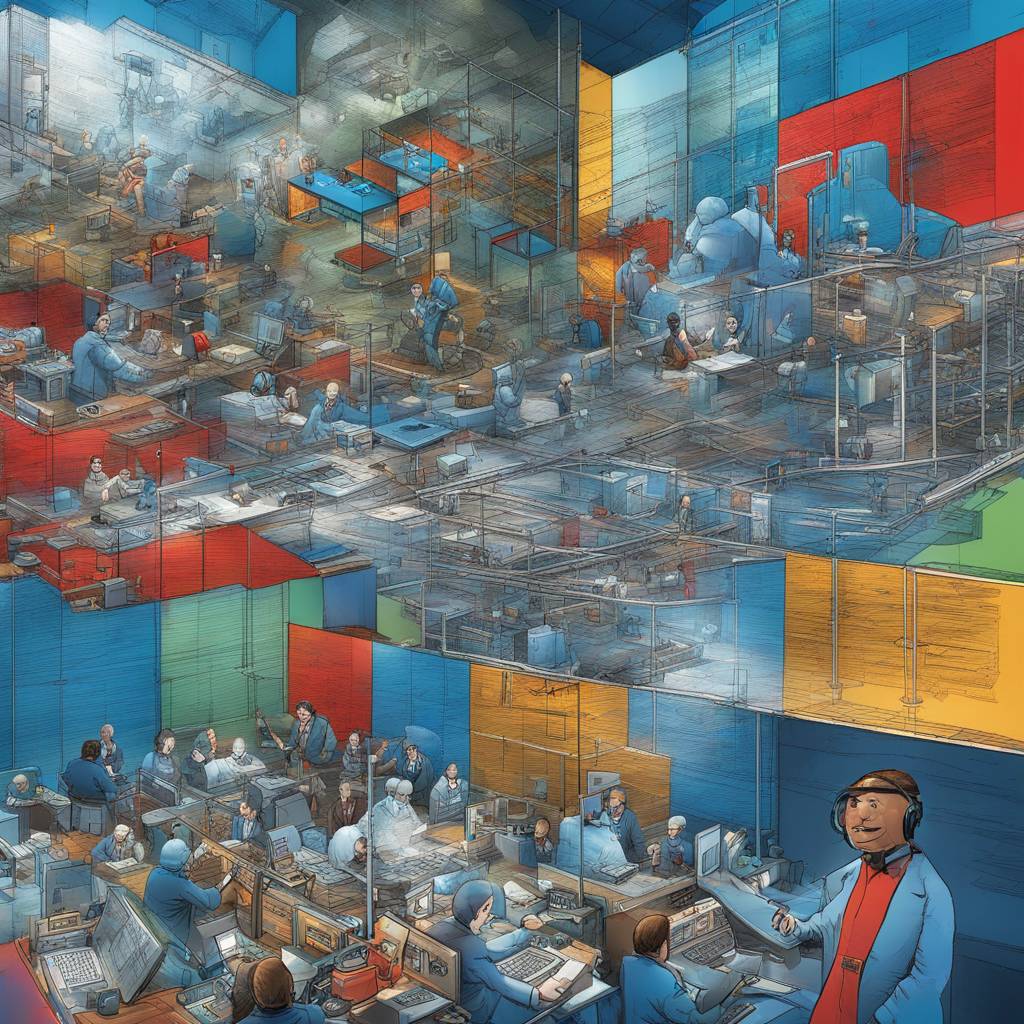A special House of Commons committee will meet to consider studying documents detailing allegations against two scientists fired from a high-security lab in Winnipeg. Conservative foreign affairs critic Michael Chong is requesting for the committee to investigate the matter and call witnesses, including officials from the Public Health Agency of Canada (PHAC), Health Minister Mark Holland, and Democratic Institutions Minister Dominic LeBlanc. The documents, which were released last month, detail allegations against scientists Xiangguo Qiu and her husband Keding Cheng, who were escorted from the National Microbiology Laboratory in Winnipeg in July 2019 for possible breaches in security protocols. Cheng was accused of inviting restricted visitors into the lab and receiving mislabelled packages of biological samples from China, while Qiu hid her relationships with Chinese research associations and shipped materials without authorization.
Efforts to keep the documents detailing the allegations against Qiu and Cheng sealed were deemed to be more about avoiding embarrassment for failures in policy and implementation rather than protecting national security. The documents, which range from mundane email chains to “Canadian Eyes Only” security assessments, were largely uncensored and released by Ottawa on February 28. Health Minister Mark Holland tabled the documents in Parliament after an ad-hoc committee determined that their release was necessary to hold the government accountable. The documents reveal an “unacceptable” security situation in the lab, with lax adherence to security protocols. At the time Qiu and Cheng were working at the Winnipeg lab, Canada was also dealing with efforts by China to influence diaspora communities in Canada and interfere in domestic affairs.
The case of Qiu and Cheng became a point of scrutiny during the COVID-19 pandemic, with federal Liberals fighting for years to keep the documents secret. Various investigations by the Canadian Security Intelligence Service (CSIS) and PHAC revealed that Qiu hid her relationships with Chinese research associations and shipped materials without authorization, while Cheng violated safety and security policies by inviting restricted visitors into the lab and receiving mislabelled packages of biological samples from China. The case raised concerns about the potential for foreign interference and the need to protect national security. While there were protocols in place, there was a lack of adherence to these protocols, leading to an unacceptable security situation in the lab.
The release of the documents detailing the allegations against Qiu and Cheng sheds light on the security concerns at the Winnipeg lab and the need for accountability within the government. Health Minister Mark Holland emphasized that while there was no evidence of sensitive information leaving the lab, the lax adherence to security protocols was a cause for concern. The government, as well as CSIS and the RCMP, were aware of China’s attempts to influence diaspora communities in Canada and interfere in domestic affairs, including elections. The government’s handling of the case also coincided with efforts to secure the release of Canadians Michael Kovrig and Michael Spavor from Chinese detention. The information contained in the documents is seen as crucial for holding the government accountable and addressing any lapses in security protocols or response to foreign interference.
The case of Qiu and Cheng highlights the need for enhanced security protocols and vigilance in protecting sensitive information within high-security facilities. The documents released by Ottawa provide insight into the allegations against the scientists and the investigation that followed, revealing gaps in security procedures that allowed for breaches to occur. The scrutiny surrounding the case during the COVID-19 pandemic and concerns about foreign interference underscore the importance of maintaining strict security measures in research facilities dealing with deadly contagious germs. Moving forward, the government will need to address any shortcomings in security protocols and ensure that measures are in place to prevent similar breaches from occurring in the future. The release of the documents serves as a step towards transparency and accountability in addressing security concerns within high-security laboratories.
The committee’s deliberations on whether to study the documents and call witnesses, including PHAC officials and government ministers, will provide an opportunity to further examine the allegations against the scientists and evaluate the government’s response to the security breaches. The case of Qiu and Cheng has raised broader questions about national security, foreign interference, and the protection of sensitive information in research facilities. By reviewing the details of the case and hearing from key stakeholders, the committee can assess the effectiveness of existing security measures and recommend any necessary changes to prevent similar incidents in the future. The outcome of the committee’s discussions will be critical in shaping policies and protocols to ensure the safety and security of high-security laboratories in Canada.













